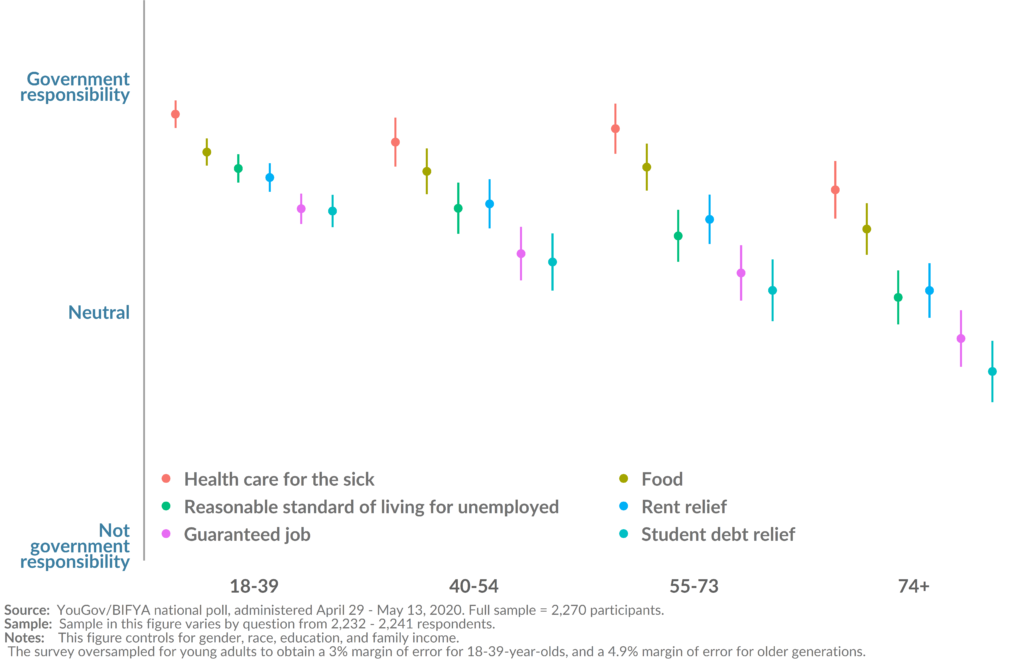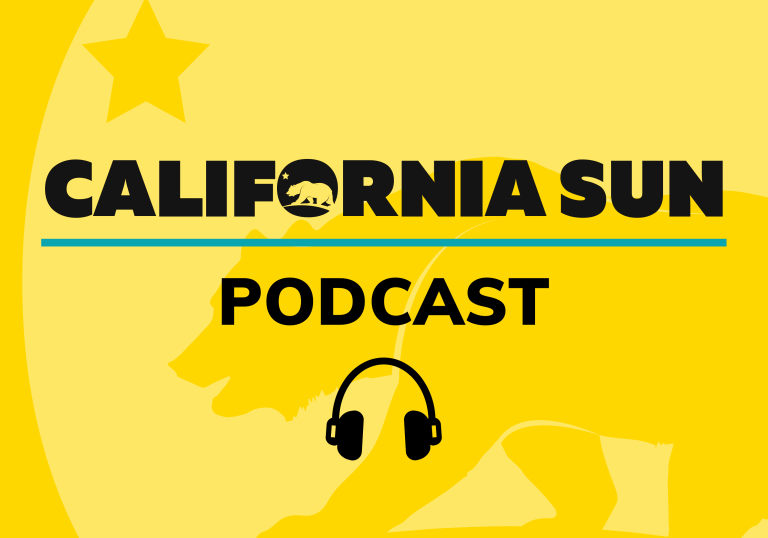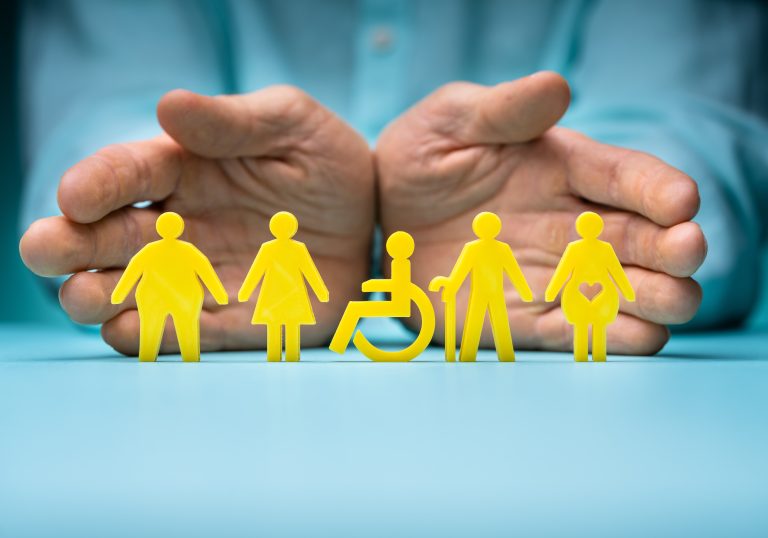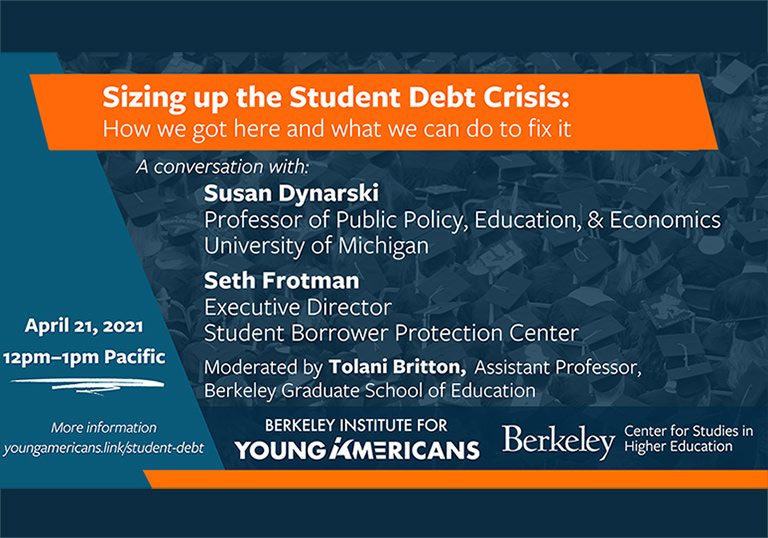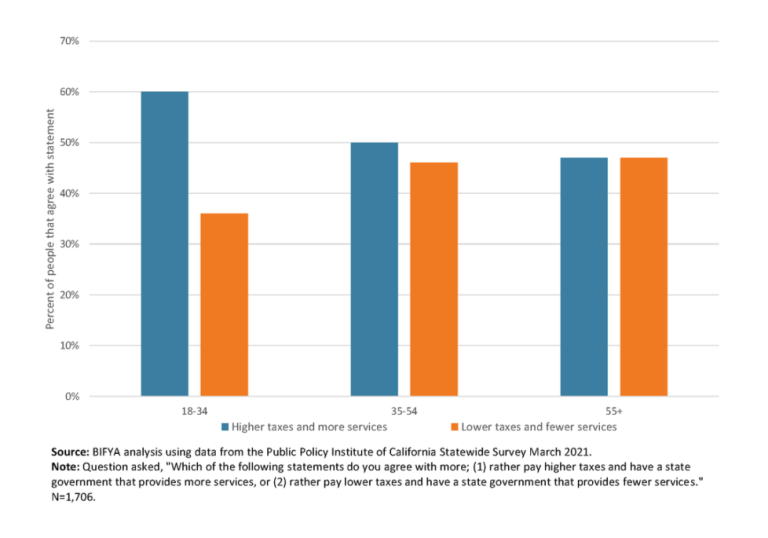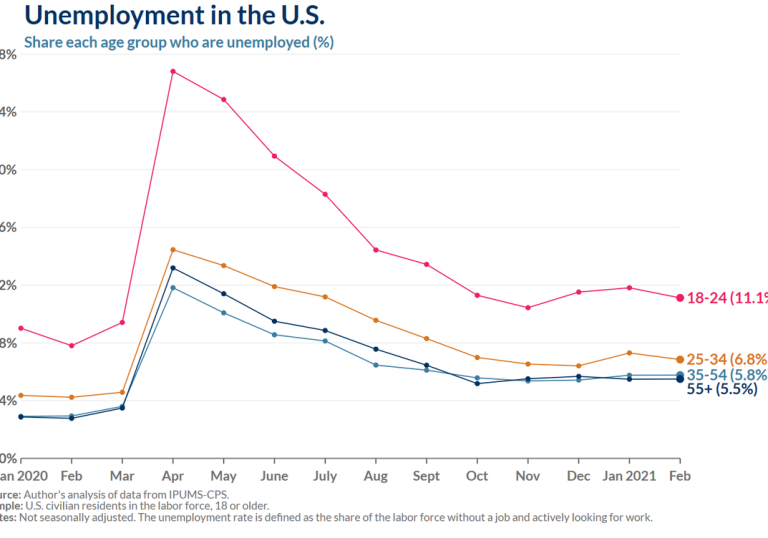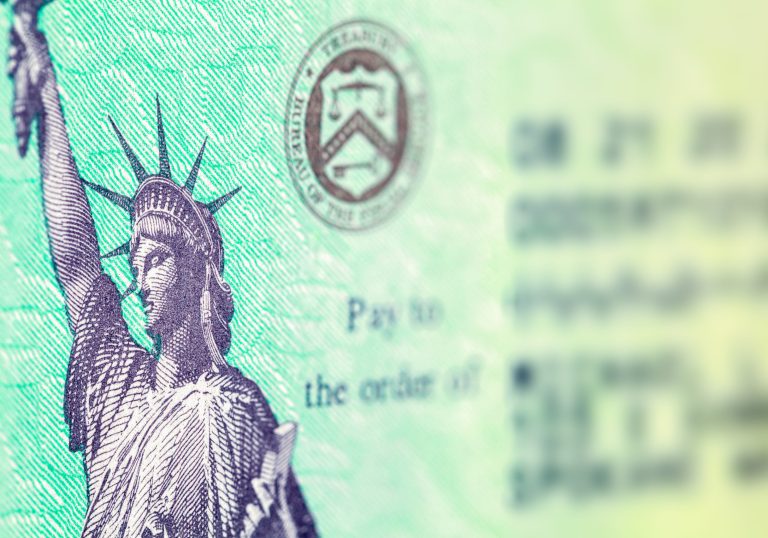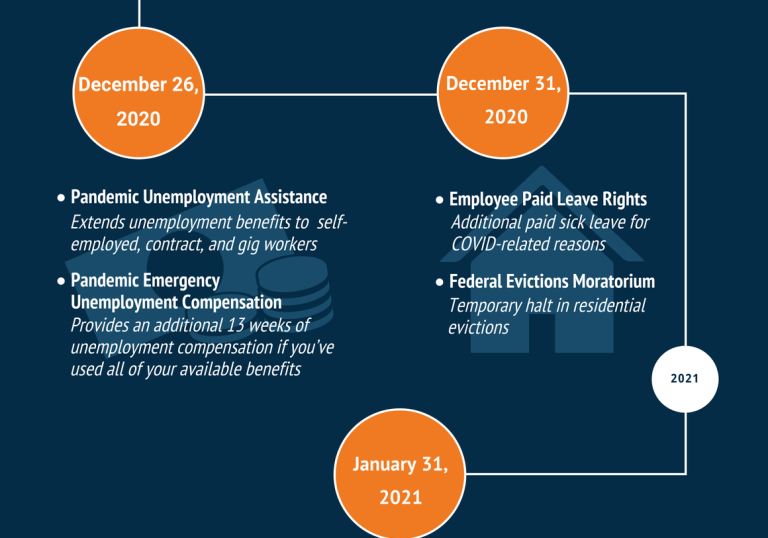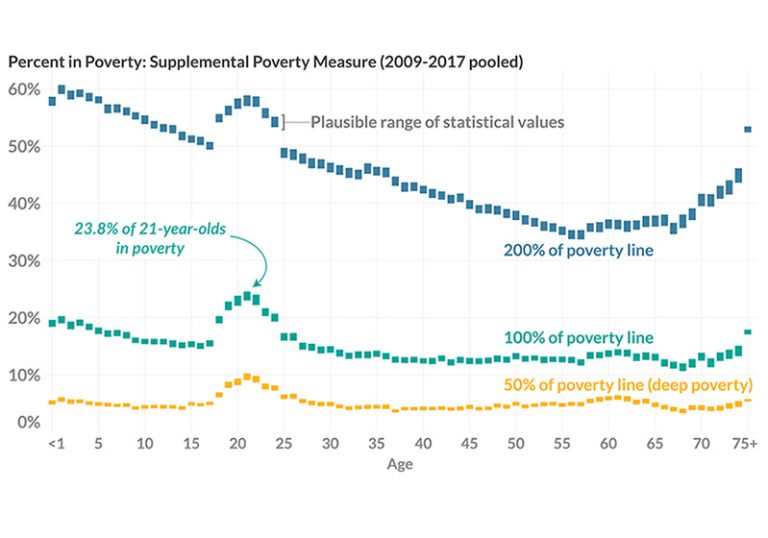Summary
Economic recessions have become a harsh yet familiar reality for young Americans.
Young adults, especially Millennials, have come of age during several major U.S. economic downturns — first with the DotCom tech bubble bust of the early 2000s followed by the financial crisis and housing market collapse during the 2008 Great Recession, and now the recession brought on by the COVID-19 pandemic. While trying to find and keep jobs during past recessions, young people were more likely to experience higher unemployment and higher rates of poverty than other age groups. Moreover, young people graduating from college during past recessions were more likely to experience labor market ‘scarring,’ or permanently lower likelihood of employment, that lasts a lifetime. With the onset of the COVID-19 pandemic, young adults once again are facing the highest unemployment rates of any age group with mounting financial pressures in an uncertain economy.
In response to such challenges, this issue brief explores weaknesses in the current social safety net and how it could be strengthened to better support young adults, especially during the current COVID-19 recession. We first establish that, as with previous recessions, young adults, and in particular young adults of color, have been among the hardest hit groups since the onset of the pandemic. We then look at existing social safety net programs and how they offset poverty rates across the life cycle. In the final part of this issue brief, we review results from a national survey the Berkeley Institute for Young Americans conducted with YouGov during spring 2020 to gauge generational perspectives of the federal government’s responsibility to provide programs and services during the COVID-19 pandemic.
Young people support a broader social safety net
Respondents asked which programs government should provide in response to the COVID-19 pandemic
